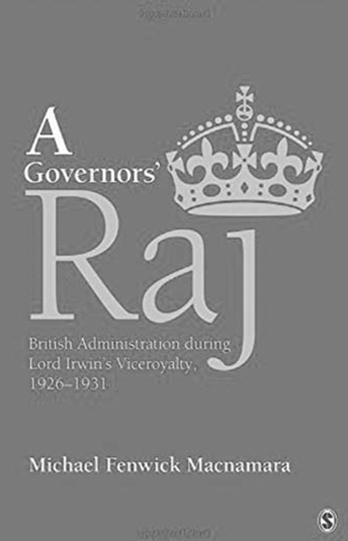All modern, alien, imperial governments have faced a serious dilemma during their life: how to hold on to their rule and at the same time expand the rule to involve the local people into administration and governance. The British imperialism in addition faced another dilemma: how to maintain imperial rule and the liberal democratic reputation at the same time? The book under review argues that the Government of India Act of 1919 (popularly known as the Mantagu-Chelmsford Reforms) was one attempt to handle this dilemma. It starts with the premise that the Act of 1919 was extremely crucial for the formulation of the British policy for the subsequent period. The Act altered the profile of the imperial support system and cast its spell on the policy initiatives taken subsequently. In particular the Act did two things. One, it released and diffused some power to various segments of the Indian population (rural interests, landlords, constitutionalists). In so doing, it created a legislative body consisting largely of Indians, that would be pitched against the Executive, largely British. Irwin explained the new potential conflict in the following words: ‘…we have created a predominantly popular legislature, subject to all the temptations of democratic bodies, and set it to work with an executive not drawn from the ranks of its elected members, which it has very partial powers to control, and no power to remove.

Dilemmas in Imperial Policy Making
Salil Misra
A Governor's Raj British Administration during Lord Irwin's Viceroyalty, 1926-1931 by By Michael Fenwick Macnamara , 2015, 250 pp., 895.00
October 2016, volume 40, No 10
